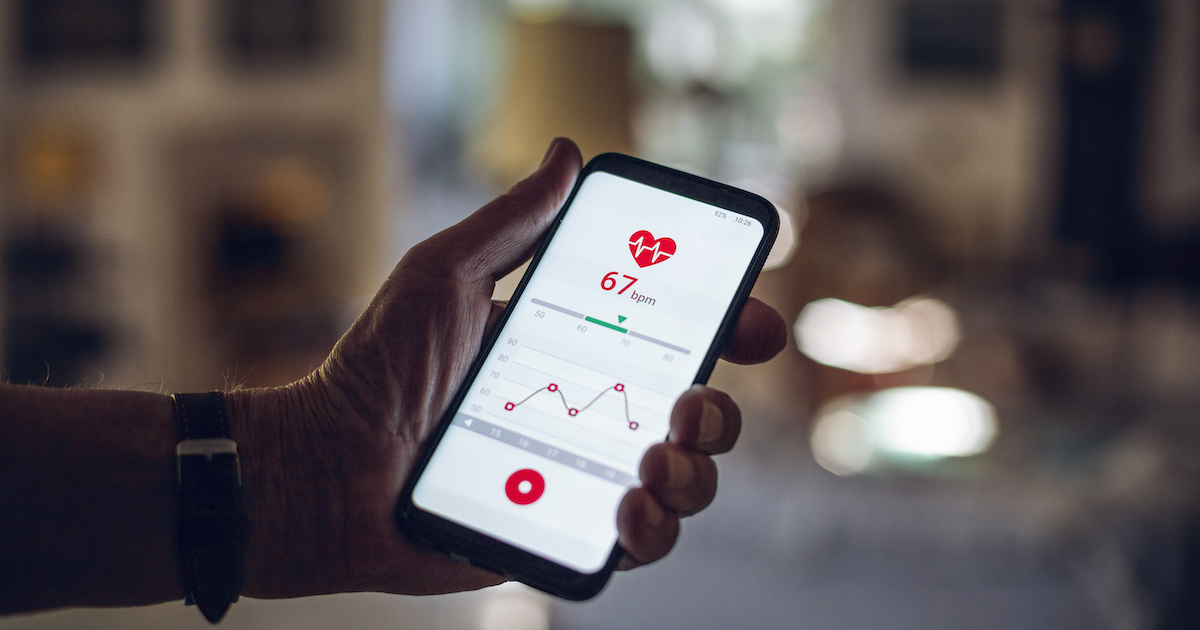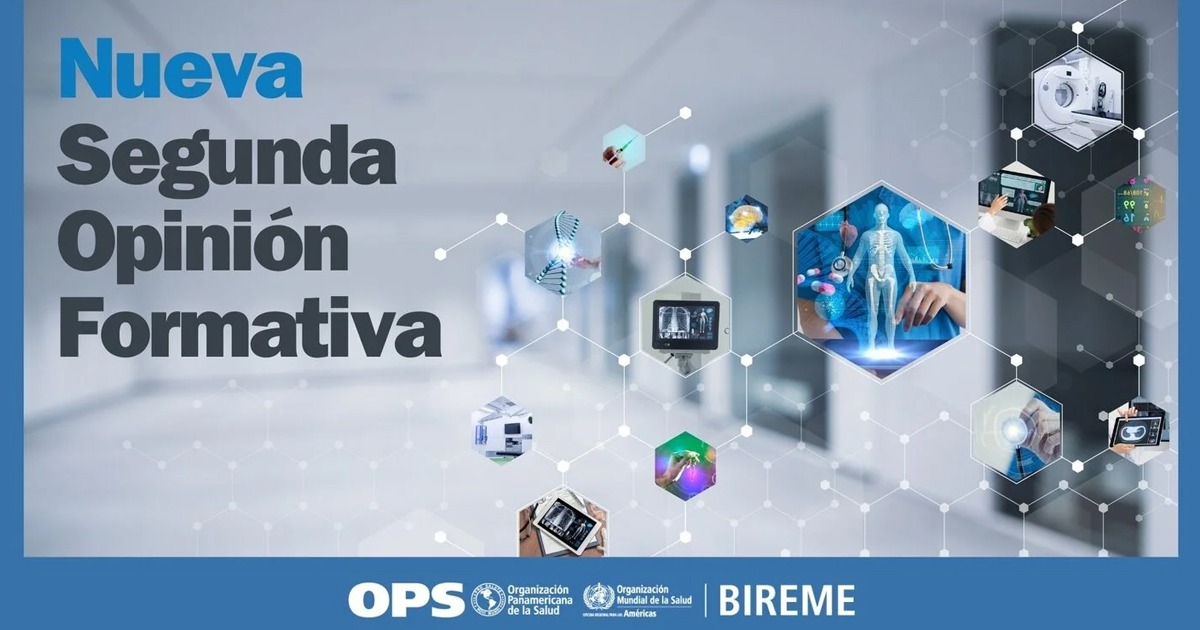Digital therapy offers a new way to manage or control conditions and diseases and achieves an overall benefit for specialists and patients.
The year 2020 changed the medical and health landscape in many ways, especially the specialized care in digital health services that made significant advances. There were very specific advances related to therapy in various specialties and approaches such as Digital Therapy (DTx). The Digital Therapeutic Alliance defined it as products that " deliver evidence-based therapeutic interventions to patients that are driven by high quality software programs to prevent, manage, or treat a medical disorder or disease.”
The term was proposed to categorize clinical evidence and to regulate digital interventions in the face of a large number of applications and programs that were self-included in the digital health field.

The medical and scientific relevance of DTx has grown over the last decade, with the increase of sophisticated and precise technologies. In the United States, from January 2010 to December 2019, 557 clinical studies were published that included the word “digital” in their title. Of this number 182 corresponded to DTx-based trial interventions, of which 92% were published from 2015 to 2019. However, 58 of the 167 correspond to studies published in 2019, which shows a favorable trend in research and application of DTx in recent years. Most of the clinical research applying DTx corresponds to psychiatry, cardiology and addiction control.
In addition, in April 2020, the FDA (Food and Drug Administration), in the context of the COVID-19 pandemic, approved guidance on digital health services related to psychiatric treatments. In addition, the FDA also authorized digital therapy to treat insomnia in adults through cognitive-behavioral therapy and a customized algorithm on patients' sleep habits.
In addition to clinical research, investment in DTx technologies had grown by an average of 40% over the past seven years, driven in part by health authority regulations and approvals of these types of therapies. In addition, DTx has studies that support its results in different conditions or diseases, such as attention deficit hyperactivity disorder, cancer, asthma and schizophrenia, among others.
According to Deloitte, patients use DTx mobile applications that offer:
- Techniques to reduce insomnia
- Working in conjunction with complex treatments such as asthma, or cancer, that
- Cognitive techniques to promote behavior change, connect wearables to capture data and achieve communication between patients and physicians.
Specialists also emphasize the differences between digital health care providers, and DTx, depending on the target audience, and the goal of each, both of which are important in the path of digitalization in access to medical services.
The current growth of this type of therapies and other health technologies benefits not only the quality of life of patients, but they are an important support for health professionals to facilitate the workload and be more effective in their service.
MOBIHEALTH NEWS
https://www.mobihealthnews.com/news/look-back-how-tech-changed-pharma-landscape-2020
https://www.mobihealthnews.com/news/physicians-will-decide-fate-digital-therapeutics-industry
EVIDERA
MCKINSEY
STAT NEWS
https://www.statnews.com/2020/02/20/digital-therapeutics-vs-digital-care/
DELOITTE





